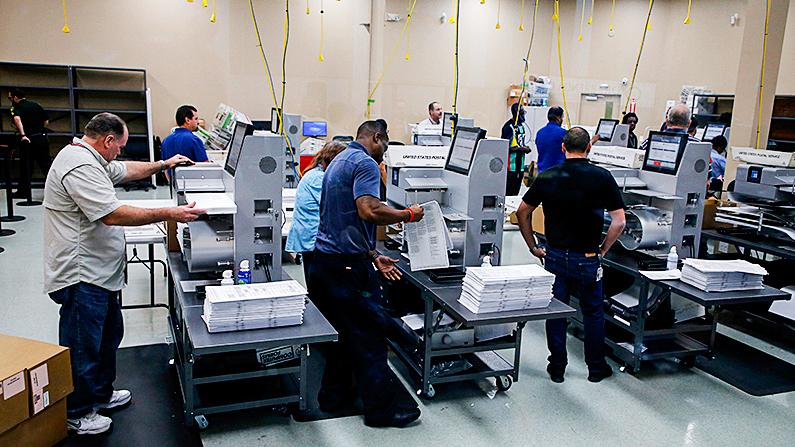A supervisor of elections for a Florida county has repeatedly overstepped his authority to implement COVID-19 mandates and voting procedures that appear to challenge numerous state laws, according to documents obtained exclusively by The Epoch Times just days before the start of Florida’s 2022 primary election cycle.
Early voting in Florida runs from Aug. 13 to Aug. 20, and “Each county ’s Supervisor of Elections may offer more days of early voting from one or more of the following days: Aug. 8, 9, 10, 11, 12, and 21.” Florida’s primary Election Day is Aug. 23.





